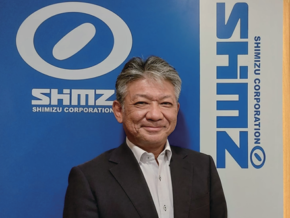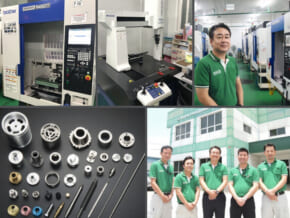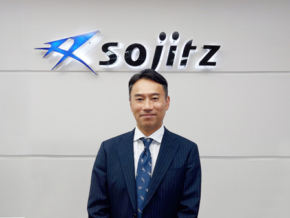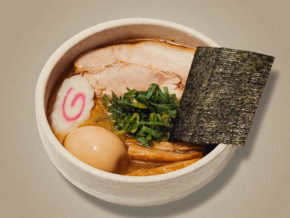Business Talk with Werner Berger, CEO of Werdenberg Corporation Manila
It all started with an idea. Werner Berger, CEO of Werdenberg Corporation Manila, was a former executive chef for Philippine Airlines Catering. He had been the de facto “courier” of his friends who missed food from their home countries in Europe when he got the idea of importing meat and making sausages here in Manila. 30 years on and Säntis is still regarded as the best delicatessen in the country, with Carpaccio, I’m Angus Steakhouse, and Chesa Bianca regarded as the best along Yakal Street in Makati.
Primer got a chance to interview Mr. Berger about his journey from being an executive chef to now being the owner and CEO of the country’s most reliable food and beverage provider, and how he has done it in a very Swiss way.
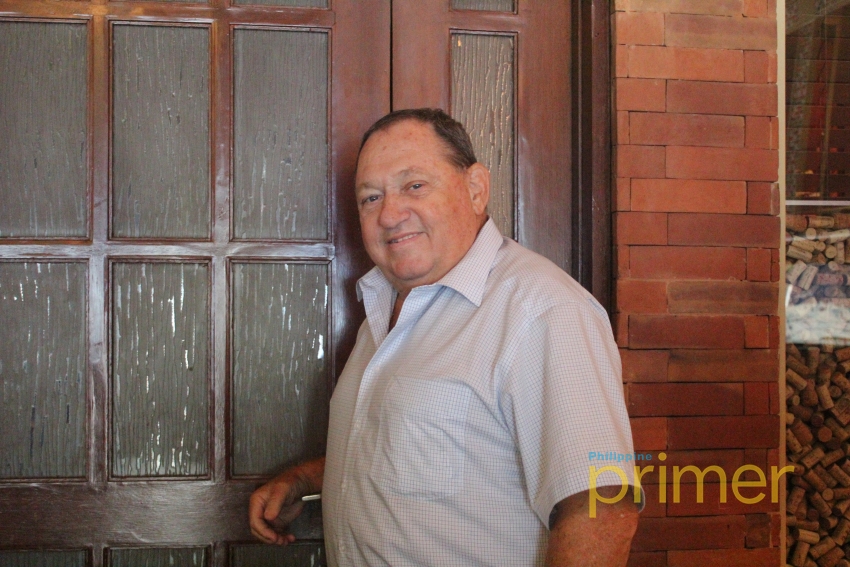
Of Werdenberg Corp. and Säntis
Primer: How did Säntis do when it started?
Werner Berger: When Säntis started, it was at least 80% foreigner because it was a novelty in the Philippines. Today, I’m very happy to say we have around 80% locals, which means they appreciated it as well. This year, we’ve gotten a lot of families, big groups of locals, and they are the good customers which buy in bulk.
The restaurants are also more than 60%-70% local. Even then, we’ve kept the same quality of food.
You can read more on Werner Berger and his beginnings in his autobiography entitled “Twenty Years of Werdenberg.
What are the establishments that Werdenberg currently operates?
We have 12 Säntis shops; we have Rheintal Corporation, which are the three restaurants (Carpaccio, I’m Angus Steakhouse, and Chesa Bianca); we also have our manufacturing plant Euro Swiss, which will open a new, state-of-the-art plant in Carmona.
The 12 Säntis shops are distributed all over Metro Manila plus Tagaytay, in Silang and Twin Lakes. We also send a lot of our products to different high-end supermarkets; we make sure to have our products everywhere.
Euro Swiss is our sausage and ham manufacturing company, which produces about 3,000 kilos every year.
For the restaurants, we have one Italian in Carpaccio, we have the Swiss restaurant Chesa Bianca. Chesa means Alpine hut, the smooth buildings in the mountains, and Bianca is my daughter. We have I’m Angus Steakhouse, very popular with carnivores. We have an all-meat menu, which we import ourselves from the US, so it’s certified Angus. We also have a small restaurant in Rockwell.
How has Werdenberg fared in terms of competition with others in the food and beverage (F&B) industry?
It’s actually very tough because everybody who has $20,000 imports something. It can be meat, it can be wine… it can be anything in any business. Some import it a bit cheaper, some buy cheaper products and sell it, expensive or when the competition comes then they drop the price. We have a constant rat race in this business so it’s very difficult to do business. We are fortunate that we have Säntis, which is a good backbone for our company.
Over the years, various trends have been introduced, especially in the F&B industry. How has Werdenberg responded to these trends?
We respond to the trends. All these chefs in the hotels and restaurants, they ask us to bring in new stuff. You always have to follow and go along with it as much as you can. We also had to change our thinking a little bit. We try to follow the new trends as much as we can.
What are some of the problems you’ve encountered while running Werdenberg?
Who doesn’t have problems? I mean, I’ve been here for 40 years. Since we have so many changes in government, everybody who takes over a department (DENR, FDA) wants to be better than the last one. Everybody comes with new rules and regulations. Today, in the PH, it is more difficult than to do business in Switzerland.
For everything you want to import, you’re supposed to get a license. Now, that’s fine, but it takes 6 months to have it approved! How can you, in a country with over 100 million people have every product approved, then wait for 6-8 months and hope that you can import it?
Having been in business since 1985, what have you done to last for so long?
I can say that our company is very reliable, cooperative with most of the customers as long as they pay the bills. If they need something, we act on it as fast as possible. We want satisfy all of our clients, big or small. We don’t just focus on large suppliers although if you lose a large customer, you lose a lot of percentage. It takes longer to lose 10 small ones than one big one.
We make sure that we have good customer relation with the staff upstairs, whether it’s sales or accounting, whoever is in contact with our clients.
How were you able to achieve your vision of being “the most reliable F&B provider in the Philippines”?
We make sure we have enough imported goods in stock. If you constantly need to import your goods, you need to have a certain amount beforehand for you to be reliable.
We have achieved that with the backbone of Säntis. We can import more so we get better prices and we always have stocks for most of our products. There are also times when you have to make like the fire brigade and fly them in.
One of your most popular brands is Säntis Delicatessen, which has a huge following. How do you get and retain such loyal customers?
I think its customer satisfaction. First of all, we provide good and friendly service. Quality control is also at the highest level. If you go shopping in a supermarket somewhere and you buy a piece of meat, 2 times out of 5 you can’t eat it, so you don’t go back. The same goes for our shops. We try to make sure that the quality we sell is at that level where you will come back. You may pay more, but you can serve the food to your friends at night.
Every Säntis has at least 10-12 sales staff and butchers. This means you get a very personalized service. Everybody who goes in there is immediately taken care of and not need to wait long in front of the cash register. Trust in your employees is also very important. You only have one cashier and she executes, so you don’t have to wait.
I also try to have ample parking in front. We have very spoiled customers who don’t like walking too far. If you don’t have ample parking, you’ll have problems.
What are your future plans for Werdenberg Corp.?
Time will tell. We’re celebrating our 30th anniversary this year, which will coincide with the opening of the factory in Carmona on October. It’s always very difficult to predict where we go because how does the country level up? I cannot decide on that. I want to put up a few more Säntis here and there, like the casinos, but on the other hand, who lives there? Or Binondo, would that be a place to be? Would they be the right clients for you? At my age, I don’t want to attack too many things at the moment.
Running a business the Swiss Way
How would you describe your management style?
Typical Swiss: strict, punctual, correct, hit and give. If you ask my staff, sometimes they’ll say I’m are very strict. But, on the other hand, we’re also good to them. We always make sure there no one’s late. We try to really keep them at a high level.
Who do you look up to as the CEO of Werdenberg Corp.?
I look up to all my staff that have performed well. That’s why we have a very good relationship with middle management and the employees. They call me “tatay”, so I’m the father of all of these employees.
What has made the most impact in your role as CEO?
One of the biggest impacts I see is being in Yakal. It’s a flood-prone area, yet 90% of the people still come to work. They wade in waist-high flood waters. It’s very nice to know that rain or shine, they don’t have excuses. You may have less work, but they’ll still go to work. I feel very happy about this. They don’t let me down.
How does a typical day of work look like for you?
I usually come to work between 7 and 7:30 am. I go around, greet everyone good morning and check on all the things before I get to the office. After that I go through all my emails and go to meetings.
We have a quality testing of all the products at 8:30 am every day. 10 in the morning we do meetings with the staff. I’m occupied every two minutes, so I’m happy when it’s 12:00 pm because I can finally sit down and have something to eat.
I have lunch together with the management to discuss whatever comes up during the day. Afternoon is the same thing, then I usually leave at 6:30 or 7 pm, sometimes I stop by Cave Wine Bar to have a glass of wine.
What motivates you to do your job as CEO?
That’s a good question. I’m always in a good mood, so it’s hard to say. When I see that almost all the staff are in a good mood, that makes me feel good as well. This is, to me, very important. We look after the welfare of the staff. We make sure they get paid on time and get paid without complaints.
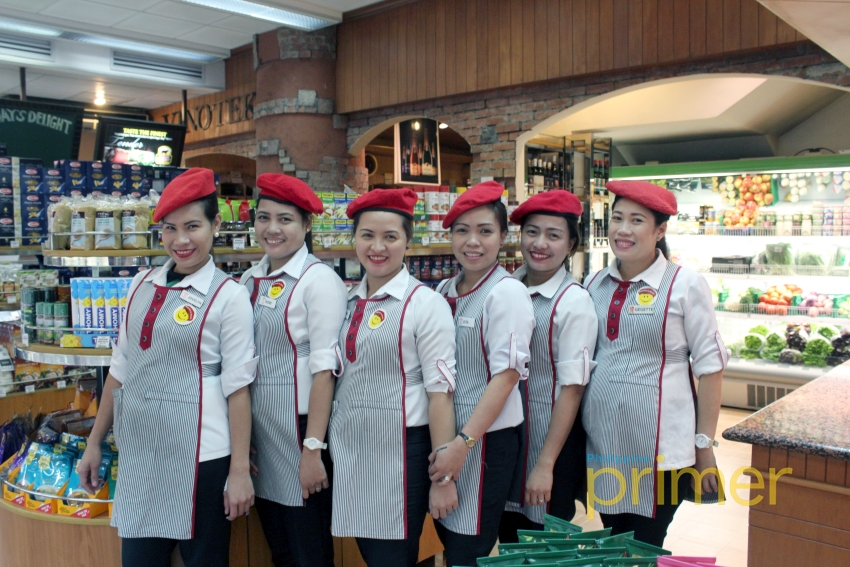
Werner Berger is the CEO of Werdenberg Corporation Manila. In his own words, he’s “a senior citizen who has been travelling around the world since the age of 18, always happy and enjoy a round of golf with friends and a glass or two of wine.” He likes listening to the blues, especially Eric Clapton, but he does listen to all kinds of music.





